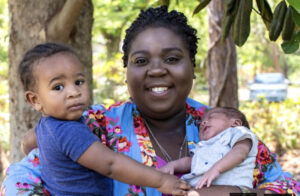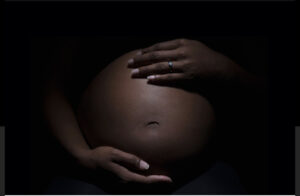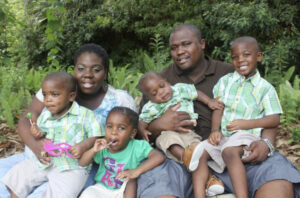
Celebrities like Beyonce and Serena Williams are often showcased in the media for unprecedented feats and occasional celebrity gossip. But, after giving birth both Beyonce and Williams graced headlines when they revealed to fans their negative experiences with healthcare professionals during their pregnancy.
Without the strain of external stressors childbirth, alone, imposes an onerous toll on women physically and mentally. The experiences of some women, however, surpass their counterparts because they are subjected to racial and ethnic health disparities that largely increase their risk of dying during childbirth or experiencing health complications.
In 2017, after undergoing a Caesarean section, Beyonce developed pre-eclampsia — a life-threatening condition distinguished by hypertension. Almost three months after her health scare Williams stood in her shoes. The condition for Williams was not eclampsia but hemorrhaging at the site of her C-section opening that posed severe risks because of her history of blood clots.
Despite status and access to high-quality health care conditions such as these are recurring factors that threaten the lives of Black women.
“I’ve even seen studies where [Black women] are four times more likely to have health complications or die during childbirth, than white women. So I believe this is a public health and almost human rights, kind of emergency,” said Courtney Atkins, executive director for Whole Child Leon.
Whole Child Leon a non-profit organization, works to ensure the development and welfare of mothers and children who face difficult social and economic circumstances. Families assisted by this organization are taught the six dimensions of a “whole” child and receive resources such as health care services, parental training and overall emotional and mental support.

Black women, in particular, are two to three times more likely to die from labor-related complications than white women and the risk increases exponentially after the age of 30. These studies shine a light on an on-going health crisis and communication gap persisting among Black women and the public health system.
“I think that it’s threatening pre-existing health conditions, it’s access, the lack of access to quality care that many of these women face — especially those [women] that are in lower socio-economic situations. I don’t think that Black women are monitored by their physicians as closely as white women are. I think there’s systemic racism, implicit bias and all those things that factor into that.”
The foremost thought for most expecting mothers is customarily the health and welfare of their child. But for community activist, doula and mother Talethia Edwards, advocating for her health was imperative to avoid becoming a statistic.
“When I was having pre-term labor with my first son, I was in my early 20s, and I began to lose my mucus plug at the very beginning of my second trimester. So I called my OB (obstetrician) and told him I believe I’m losing my mucus plug and he (said),
‘You can’t be you’re a young healthy woman.’ As if pre-term labor did not exist and I continued to experience and have those issues. I ended up going into labor at 24 weeks, 4 centimeters dilated in active labor because the symptoms of preterm labor were being ignored. I was not taken seriously and (as a result) I had a premature baby,” said Edwards.

“That was the moment that I realized I will no longer let a healthcare provider tell me, what was best. I would take my health, my pregnancies and delivery, everything into my own hands when I walked into a health care facility,” she added.
Instances such as these are far more common among Black women than documented and recognized. Edwards, like Williams, Beyonce and many other women, was forced to fulfill the duties of her health providers because her symptoms were not acknowledged. The effects of implicit bias among health officials stand on an uneven scale where Black women are likely to die if not actively listened to and/or treated accordingly.
“These disparities are devastating for families and communities and we must work to eliminate them. There is an urgent need to identify and evaluate the complex factors contributing to these disparities and to design interventions that will reduce preventable pregnancy-related deaths,” said Dr. Emily Petersen, a health official with the Centers for Disease Control’s Division of Reproductive Health said on the CDC’s website.
Edwards believes implicit bias training for health-care workers and providers would aid in decreasing the mortality rate of Black women and afford them with better care.